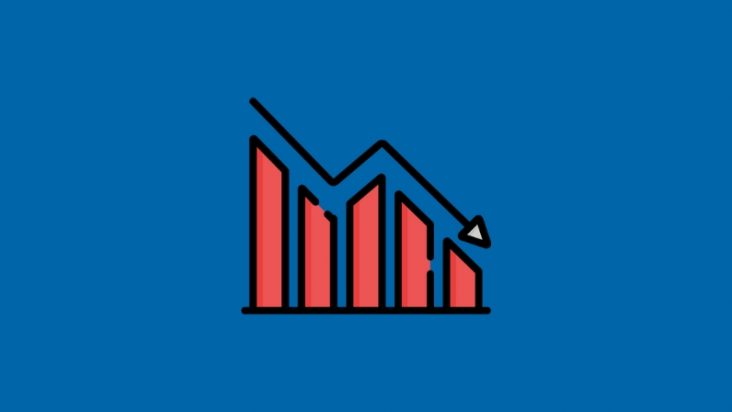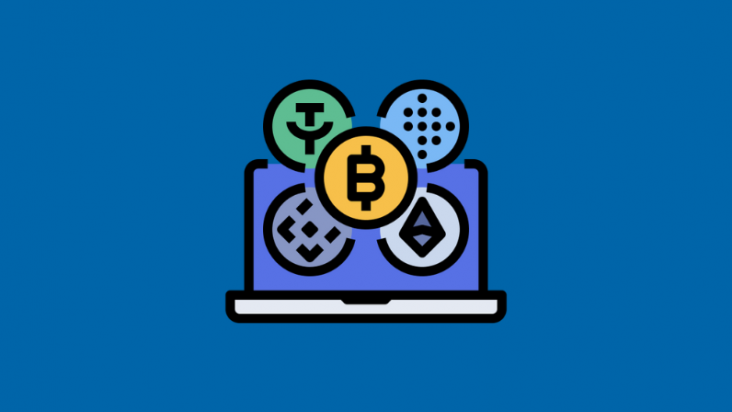
Affiliate marketing is one of the most popular and effective digital marketing strategies in today’s online business landscape, including in the iGaming industry. But to truly understand how affiliate marketing works, it’s essential to look beyond the surface-level promises of increased visibility and revenue. In this article, we delve into what affiliate marketing is and how it operates across the iGaming sector, offering a balanced view of its dynamics from all angles — buyers, sellers, and intermediaries.

While digital affiliate marketing has brought immense value to brands by leveraging third-party promotion, there are inherent risks that each party must navigate. From affiliate compliance challenges to handling fraudulent activities, understanding these risks is crucial for anyone involved in this space. This article highlights the intricacies of affiliate marketing, emphasizing the importance of thoroughly evaluating the process from all perspectives to paint a more accurate picture of the business. By doing so, we aim to provide insights that can help stakeholders protect their interests and ensure more transparent, effective collaborations.
From the Buyers’ Perspective:
The most common risk from the buyer’s perspective is the “quality” of the traffic itself. An affiliate program may offer you advertising from Facebook but mix it with cheaper and lower-quality traffic (e.g., cookie stuffing, malware, fraud, etc.). What does low-quality traffic mean? For example, if you purchase traffic from India, your advertising budget might be depleted in just a few minutes, as this region often has bot farms. Unfortunately, “mixed” traffic or “fraud” occurs in 90% of cases. The most frequent perpetrators of fraud are experienced webmasters who know how to increase their profits by blending fake leads with real ones. Let’s highlight the most common risks for buyers in affiliate marketing:
Risks:
- Mixed Traffic: Mixed traffic is one of the primary risks for buyers in affiliate marketing. The issue arises when affiliates blend high-quality traffic (e.g., from Facebook) with low-quality traffic, such as cookie stuffing, malware, or spammy links. As a result, buyers may receive non-targeted or even malicious traffic, significantly reducing the effectiveness of marketing campaigns and potentially harming the brand’s reputation. This type of traffic also complicates the assessment of actual return on investment (ROI) and can lead to incorrect conclusions about the effectiveness of marketing efforts.
- Bot Farms: Bot farms are automated systems that generate artificial traffic by mimicking the actions of real users. An example can be seen with traffic from India, where bot farms may be used to create fake clicks, sign-ups, or other targeted actions. Such traffic provides no real value to the buyer, as it does not lead to increased sales or growth in the customer base. On the contrary, it can distort analytical data, increase advertising costs, and lead to erroneous conclusions about the performance of an affiliate program.
- Fraud: Fraud in affiliate marketing is often associated with the submission of fake leads to affiliate programs. Affiliates, aiming to earn commissions, may generate fraudulent applications, registrations, or purchases that do not reflect genuine user interest. This can occur through the use of automated scripts, data manipulation, or even tampering with referral links. For the buyer, such fraud represents a significant financial risk, as they pay for non-existent results, ultimately leading to budget losses and a decline in campaign performance metrics.
- Misleading Information: Buyers may be exposed to biased or inaccurate information if affiliates prioritize commissions over honest reviews. This can lead to poor purchasing decisions and financial losses.
- Data Privacy: Clicking on affiliate links can sometimes result in tracking of personal data, which may be used without the buyer’s consent. This risk includes potential exposure to spam or targeted ads.
- Untrustworthy Platforms: Buyers might be directed to less reputable iGaming sites, risking their personal and financial information. If the recommended sites fail to deliver the promised service, buyers may lose their deposits or winnings.
To mitigate the risks from the buyer’s perspective in iGaming affiliate marketing, it’s crucial to take several precautionary measures. First, buyers should verify the credibility of affiliate sites by ensuring they are well-established and reputable within the industry. This can be achieved by conducting thorough research and checking for any red flags that may indicate fraudulent activity. Additionally, looking for reviews and testimonials from other users can provide valuable insights into the reliability and trustworthiness of both the affiliate site and the recommended iGaming platforms. These reviews often highlight user experiences, helping buyers make informed decisions. Lastly, buyers should remain cautious of deals that seem too good to be true. Unrealistic offers or exceptionally high bonuses can often be a sign of potential scams, and exercising a healthy level of skepticism can help avoid financial losses and protect personal data.
From the Sellers’ Perspective:
Risks:
- Fraudulent Activities: Sellers can fall victim to affiliate fraud, including fake leads, click fraud, or false transactions, resulting in financial losses without genuine customer acquisitions.
- Reputation Damage: Affiliates might use aggressive or unethical marketing tactics that can harm the seller’s brand reputation. This can lead to long-term damage and loss of trust among customers.
- High Costs Without Results: Sellers may incur high costs from paying out commissions without seeing a proportional increase in sales or customer retention if the affiliates do not effectively convert leads into loyal customers.
How to prevent? First, sellers should establish stringent affiliate vetting processes to ensure that only reputable and reliable affiliates are part of their program. This involves thorough background checks and reviewing the affiliate’s past performance and reputation in the industry. Additionally, utilizing advanced tracking and monitoring tools, such as Trackier, can help detect and prevent fraudulent activities like fake leads, click fraud, and false transactions, ensuring that the commissions paid are for genuine conversions. Finally, setting clear guidelines and maintaining regular communication with affiliates is crucial for ensuring brand alignment and consistent marketing practices. By providing affiliates with detailed instructions and staying in close contact, sellers can monitor their promotional strategies and maintain the integrity of their brand, thereby reducing the risk of reputation damage and ensuring effective marketing efforts.
From the Intermediaries’ (Affiliates) Perspective:
Risks:
- Payment Delays or Non-Payment: Affiliates risk not being paid on time or at all if the iGaming operator faces financial issues or disputes the conversions.
- Regulatory Compliance: Navigating complex and varying regulations across different jurisdictions can be challenging. Non-compliance can result in fines, legal action, or being banned from promoting certain products.
- Market Saturation: The iGaming niche is highly competitive, and new affiliates might struggle to stand out. Significant investments in marketing efforts may not yield the expected returns, leading to financial losses.
To ensure the success and integrity of your affiliate marketing efforts, it’s crucial to select reputable and well-established affiliate programs with transparent payment terms (but how to do it is a big question). Staying updated on regulatory changes and ensuring compliance in all marketing activities is essential to avoid legal issues. Additionally, diversifying promotional strategies and continuously analyzing market trends will help you remain competitive and adapt to evolving industry dynamics.
Is Affiliate Marketing Worth It?
In conclusion, while affiliated marketing offers a powerful avenue for growth in the iGaming industry, it is not without its challenges. From the buyer’s perspective, the primary risks involve low-quality traffic, fraud, and misleading information that can negatively affect campaign performance and result in financial losses. Sellers face risks from fraudulent activities, reputation damage, and the high costs of unproductive results, highlighting the need for rigorous affiliate vetting processes and maintaining affiliate compliance. For intermediaries (affiliates), the most significant risks include payment delays, navigating complex regulations, and the difficulty of standing out in a highly competitive market.
So, is affiliate marketing worth it? The answer largely depends on the strategies used to mitigate these risks. Successful programs are built on trust, transparency, and strict adherence to compliance. Those who invest in reputable affiliate marketing products, leverage advanced tracking systems, and ensure compliance across different jurisdictions are more likely to see a return on investment. While the earnings vary widely, the question of how much do affiliate marketers make often depends on the effectiveness of traffic, the legitimacy of leads, and the trustworthiness of the platforms they work with.
By understanding the risks involved, buyers, sellers, and intermediaries can navigate the iGaming affiliate marketing landscape more effectively and make informed decisions that benefit all parties involved.








